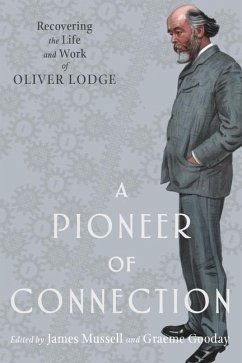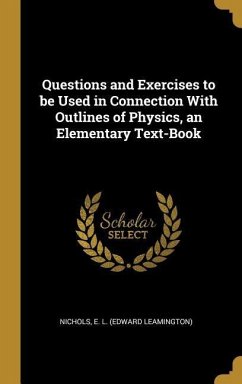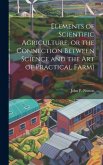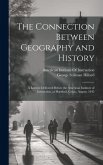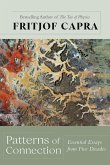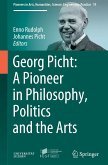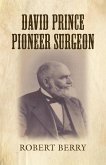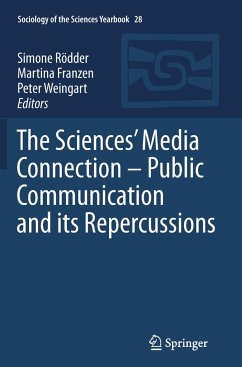Sir Oliver Lodge was a polymathic scientific figure who linked the Victorian Age with the Second World War, a reassuring figure of continuity across his long life and career. A physicist and spiritualist, inventor and educator, author and authority, he was one of the most famous public figures of British science in the late nineteenth and early twentieth centuries. A pioneer in the invention of wireless communication and later of radio broadcasting, he was foundational for twentieth-century media technology and a tireless communicator who wrote upon and debated many of the pressing interests of the day in the sciences and far beyond. Yet since his death, Lodge has been marginalized. By uncovering the many aspects of his life and career, and the changing dynamics of scientific authority in an era of specialization, contributors to this volume reveal how figures like Lodge fell out of view as technical experts came to dominate the public understanding of science in the second half of the twentieth century. They account for why he was so greatly cherished by many of his contemporaries, examine the reasons for his eclipse, and consider what Lodge, a century on, might teach us about taking a more integrated approach to key scientific controversies of the day.
Hinweis: Dieser Artikel kann nur an eine deutsche Lieferadresse ausgeliefert werden.
Hinweis: Dieser Artikel kann nur an eine deutsche Lieferadresse ausgeliefert werden.

